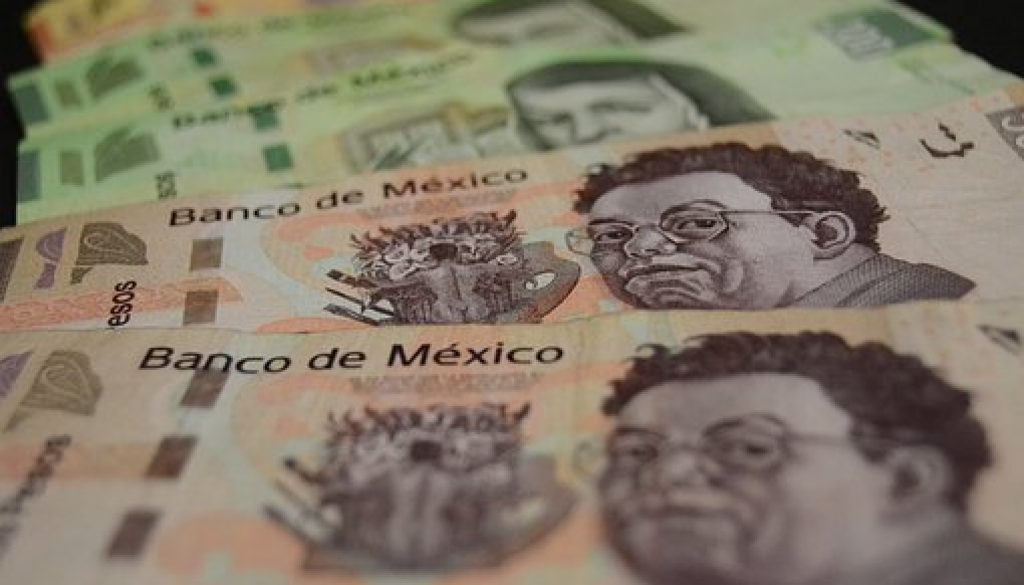Why you should consider investing in the Mexican manufacturing industry
From the ever-present Volkswagen Beetle making its way through the streets of Mexico City to the latest BMW models coming off the assembly line, the automotive industry has long been a key component of the Mexican economy. In 2015, it accounted for 18% of the country’s manufacturing gross domestic product (GDP) and generated economic activity of over US $52 billion. It is one reason why investors should consider setting up operations in the Mexican manufacturing sector.
While vehicle production remains a central part of the Mexican manufacturing sector, the country’s production of goods is evolving in terms of sophistication and scope. Mexico has leveraged its capabilities and has applied them to more advanced sectors such as aerospace and technology. This has created a host of favorable opportunities for foreign investors.
The Rise of Higher Value Mexican Manufacturing
As global demand for technology products has grown, so has Mexican manufacturing of higher value-added goods. Mexico’s export of aerospace products, electronics, and medical devices tripled between 2016-2013 to reach a total value of US $78 billion.
Global investment in the aerospace industry, in particular, has skyrocketed in recent years. Aerospace manufacturing start-ups have been recipients of US $1 billion during this year alone. Mexican manufacturing in the aerospace sector is no exception. With exports averaging 15% annual growth over the past decade, the aerospace industry in Mexico has become a significant segment for the country, which has positioned itself as a world leader in parts production.
Beyond the aerospace industry, the Mexican manufacturing sector has also shifted its focus to advanced technology. Presently, Mexico is now the world’s sixth-largest producer of technology-based goods and the third-largest producer of computers. The country has become a global leader in the medical device industry, as well. It is the world’s fifth-largest exporter of such products and the largest supplier of medical devices to the United States. The production of computers has also experienced a boom. They now account for 5.6% of the value of all Mexican exports.
Opportunities in Mexican Technology
The rapid expansion of the technology sector presents an opportunity for Mexican manufacturing investors. For instance, most recently Mexico has become a hotbed of electronics manufacturing. It is estimated that nationwide there are 700 firms in this sector. Most of the concentration of companies in this industry is situated in the states of Aguas Calientes, Baja California, Guanajuato, Jalisco, Queretaro, and San Luis Potosi. Leading companies with state-of-the-art Mexican manufacturing facilities include well-known companies such as Samsung, LG, Toshiba, Foxconn, Flextronics, and Intel, among others. Because these globally recognized OEMs have located manufacturing in operations in Mexico, an extensive supply chain has established itself around them. This is one of the areas of opportunities that currently characterizes the Mexican manufacturing sector.
The Future of Trade is Positive
The future of trade under the auspices of the newly negotiated United States–Mexico–Canada Agreement (USMCA) is a priority for investors in the Mexican manufacturing industry. The implementation of the USMCA could provide a boost for the country’s productive sector, which can make Mexico an optimal locale for a significant inflow of foreign direct investment.
Given the present depth, strength, and complexity of Mexico’s manufacturing sector, the country is poised to receive further investment. As a result of this positive state of affairs, Mexico now holds an economic position of leadership in Latin America that makes it one of the region’s most attractive investment options. There are six principal reasons for investing in the Mexican manufacturing sector:
1. Political and economic stability.
Mexico stands out as one of Latin America’s most longstanding democracies. Inflation in the country has been at consistent historic lows and the country has privatized its significant energy sector in recent years. The country is one of Latin America’s leaders in the area of innovation.
2. Potential for growth.
Major economic and consulting institutions confirm that Mexico is well-positioned for continued growth in the coming years. Today Mexico is the 15th largest economy in the world in nominal terms and the 11th largest when measured by purchasing power parity. The US consulting firm, Goldman Sachs, projects that by 2050 Mexico will be the fifth largest economy in the world for the value of its Gross Domestic Product (GDP). It will take this position behind China, the United States, India, and Brazil.
The economic advances that Mexico has experienced in recent years are proof of the great potential for investment in the Mexican manufacturing sector.
3. Direct access to the largest markets: the USA and Latin America.
Because of its geographical location, Mexico has become the gateway for manufacturers to the United States and the rest of Latin America. Its large transport infrastructure lends truth to this assertion. Mexico has 64 international airports and ranks third in the number of airports worldwide. It has 63 border crossings, almost 17,000 miles of railway tracks, and just over 231,000 miles of paved road. Additionally, it has access to some of the most important seaports in the world.
4. Expansive free trade agreements.
Mexico’s trade accounts for 35% of Latin America’s total trade. This is largely due to the fact that it has entered into 12 free trade agreements that cover its commercial affairs with 45 nations.
The most significant trade treaties that Mexico has signed have been the NAFTA, the US-Mexico-Canada Free Trade Agreement, the Mexico-EU Free Trade Agreement, and the Trans-Pacific Partnership.
5. A youthful and prepared workforce.
One of Mexico’s greatest economic competitive advantage is the youth of its population. The median age for citizens in Mexico is 26. In addition to this, its workforce is one of the best prepared for technological and Mexico manufacturing positions. Twenty-one percent of Mexico’s university-age citizens are university graduates.
6. Consistent growth.
Mexico’s industry has undergone unprecedented progress in recent years. As an example, this fact is illustrated by the rise of the Mexican automotive industry, which has tripled the volume of its production over the last twenty years. Today, Mexico is the seventh-largest vehicle producer in the world and supplies the US one-third of the passenger cars that it consumes.
Manufacturing company executives that seek to learn more about options for investment in the Mexican manufacturing sector are invited to contact Made in Mexico, Inc., a Tecma Group Company.





